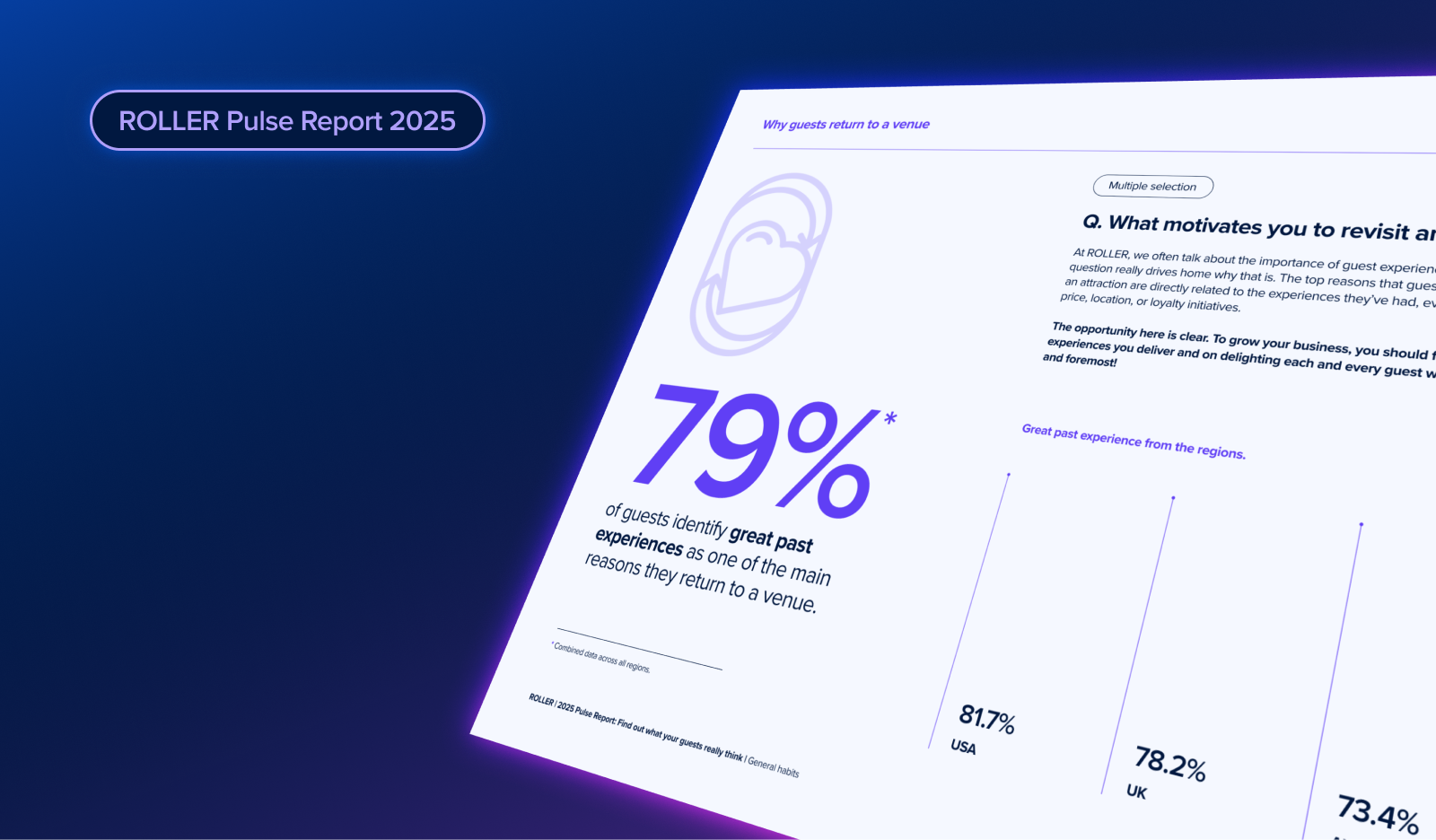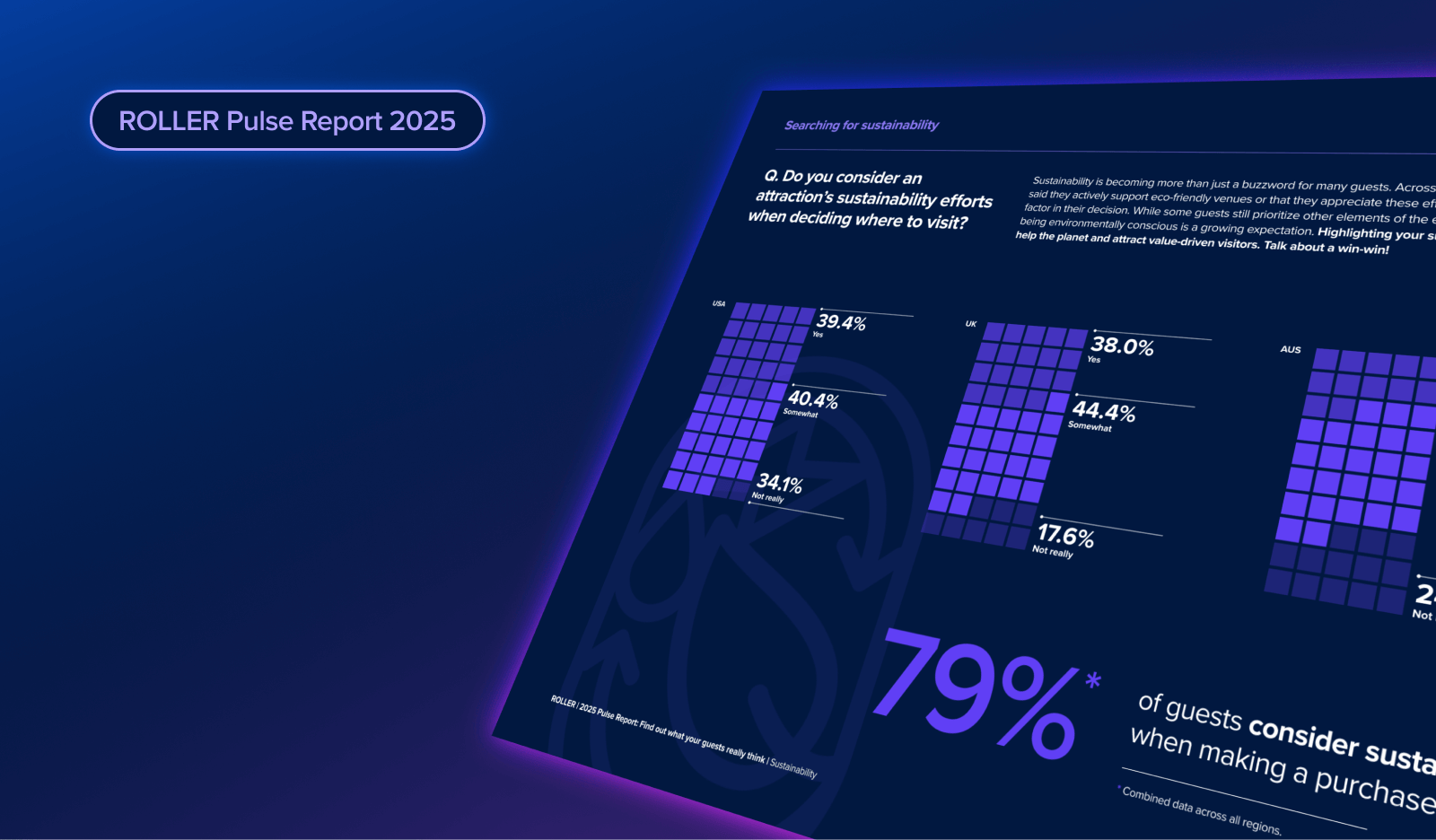The Recovery is More Memorable than the Complaint

When it comes to guest experience everyone should strive to “get it right” the first time. By managing every aspect of your guest journey, you should focus on mapping out every possible friction point that a guest might experience, and strive to eliminate it before it happens.
We also know that it is completely impossible to deliver that perfect experience to every guest, and that every now and then, they are going to slip through the cracks. Therefore it is so important to build service recovery into your standard operations, because they might be a part of your staff’s daily job duties. Even for small issues that may not escalate, having the tools and skills to resolve them is critical to ensuring guest satisfaction.
And that’s not even the most exciting part. When you take the time and focus on the process leading up to resolving their complaint, the experience can and should be remarkable. By treating service recovery like you are creating a “wow” moment, you will successfully reverse the flow and the recovery will be even more memorable than the complaint itself.
I was once out to dinner many years ago and the experience was just flat out awful. Simply put, I was having a bad time. How bad, you ask? Well, I pulled out my phone in the middle of dinner, opened the restaurant’s website, found their contact page, and sent a livid message about how upset I was. This isn’t how I typically operate, but I was put over the edge that night.
The next morning, I got a phone call from the general manager of the restaurant. Thinking that he probably assumed I was a horrible person, I tried to reclaim some dignity, but he wasn’t even concerned about that. He said that he read my email and he thanked me, by name, for sending it. He stressed that how I described my experience from the previous night was not typical and far from the standard that he expects. He expressed regret for my concern and extended an invitation for me to come back in the future so that he could prove that they were better than what he read in my email. He thanked me again for my feedback and for taking his call that morning and said that he hoped to see me again at some point in the future.
I was pretty impressed. The response was quick, straight to the point, and empathetic. He saw me for who I was, an upset guest, and didn’t attempt to challenge my complaint or play defense in any way. He simply wanted me to be happy. And the gift certificate came in the mail a few days later with a note apologizing again for the experience I described and thanking me in advance for the future business.
And of course, I returned. It was several months later, but I was eager to put his words to the test. After I was seated my server greeted the table within a few minutes to solicit a beverage order. Before ordering, I pulled the gift certificate from my back pocket and said, “Just want to let you know that last time I was here it wasn’t great, but your GM reached out to me and graciously offered me this. Anyway, dinner’s on the house tonight.”
The server took the gift certificate, looked at it, and said, “Absolutely. I would be happy to apply this to your bill. Before we get started though, can you tell me what happened last time so I can make sure we don’t repeat it? I want to make sure you have a great experience tonight.”
I sat there, completely speechless. I promise I tried so hard to remember what happened. Was it the food? The wait time? The service? Was it dirty? Was it crowded/noisy? After a few seconds I replied, “I honestly don’t remember what happened that caused me to complain. What I remember was how it was resolved, so my memory is incredibly positive.”
When you embrace service recovery and turn it into an experience that your guests will remember, their memory will outlast the poor experience. Even though not every guest will forget what went wrong, their lasting impression will be that of how you improved it.
Even a review online that says “We came and had a poor experience, but they took care of us and we are SO THANKFUL and can’t wait to come back” is in fact a positive review. Anyone reading this review and considering whether they should visit you or not will see that yes, you are human and errors happen, but the message that overshadows the error is that you are willing, able, and eager to jump in when you need to and focus on your guests’ satisfaction.
Your service lingers in your guests’ memory longer than the poor feeling of having a negative experience.
Related articles

.png)
What the 2025 Pulse Report Reveals About Guest Booking Behavior at Attractions

2025 Pulse Report: How Sustainability Is Shaping Guest Expectations
Enhance your guest experience
Get free education, tips and inspiration to help you run a successful venue.